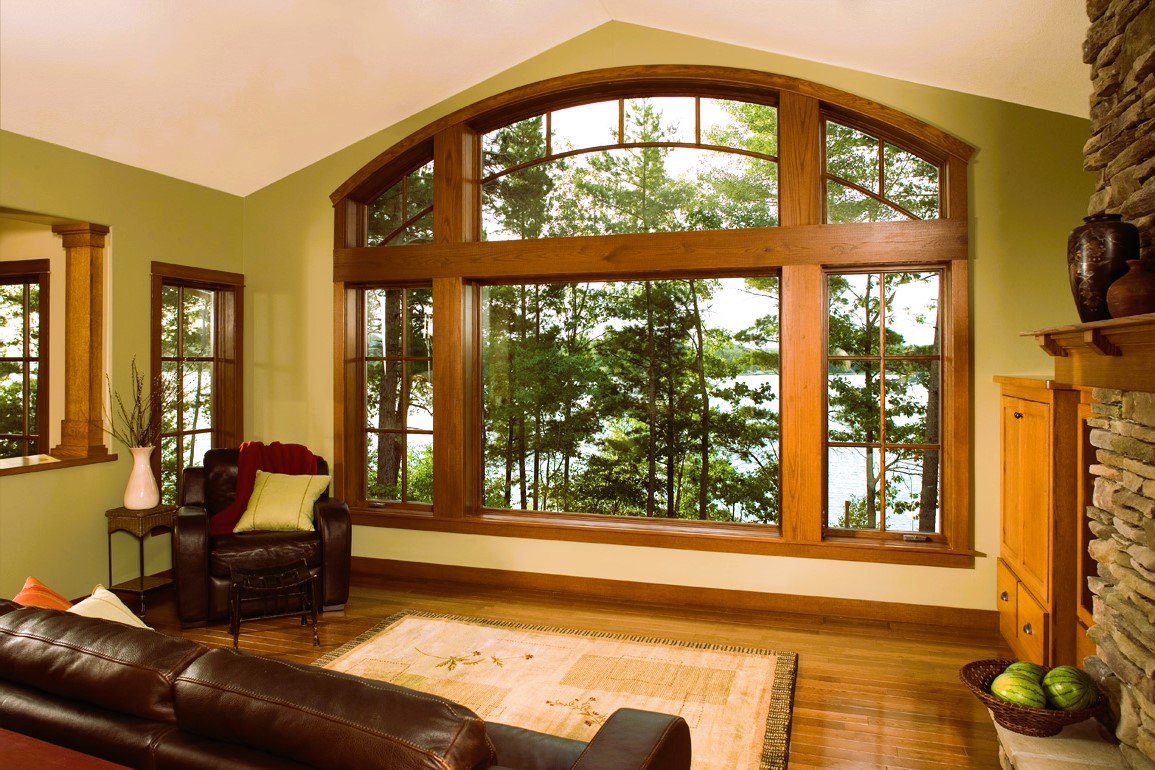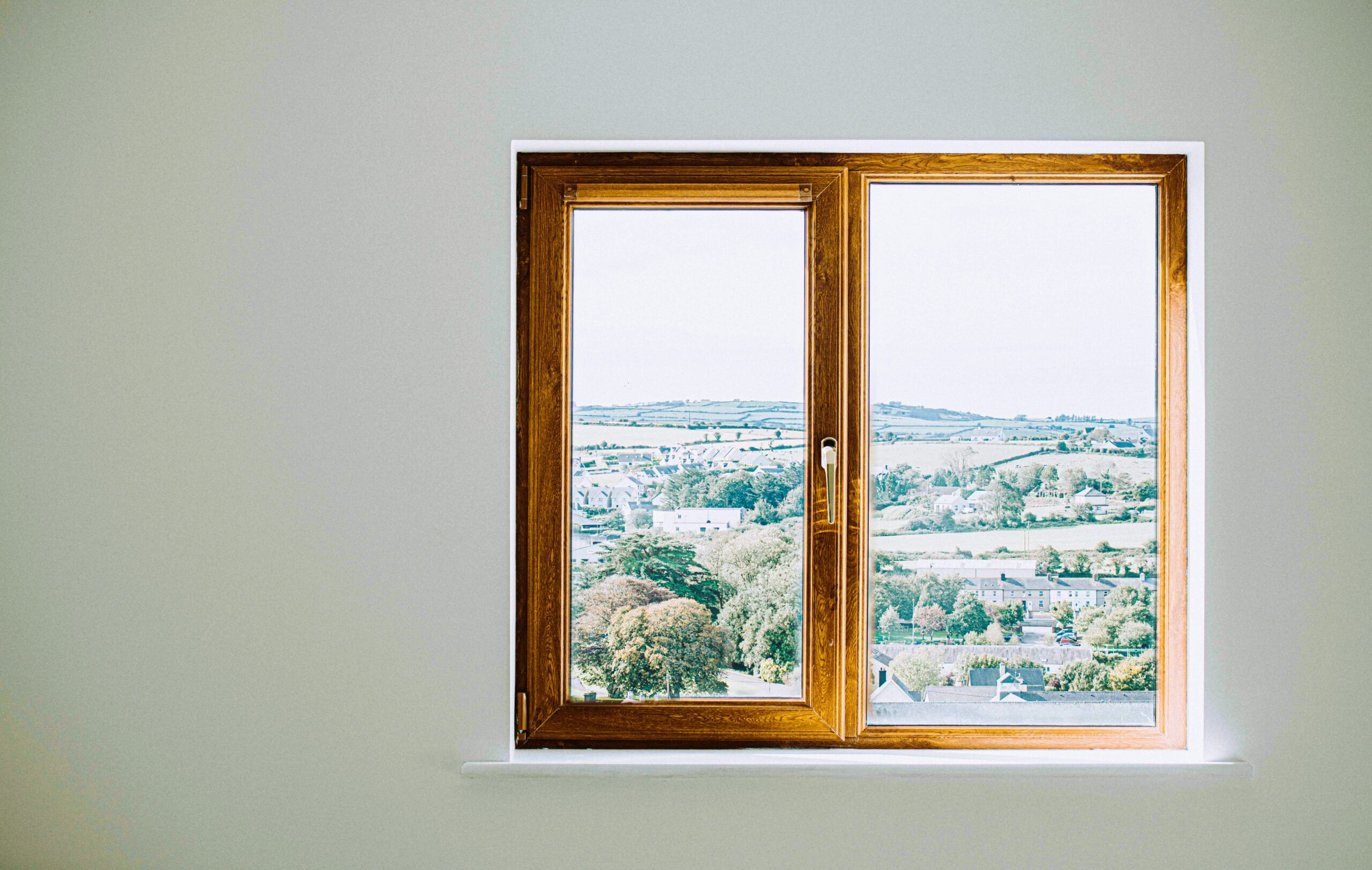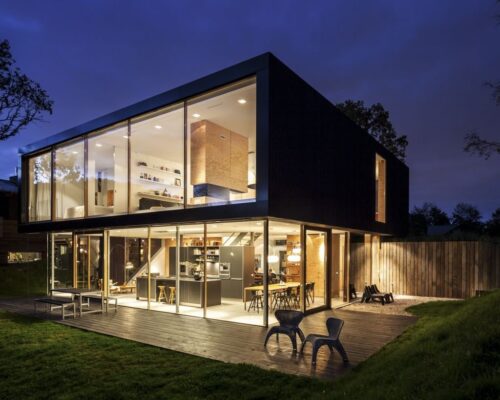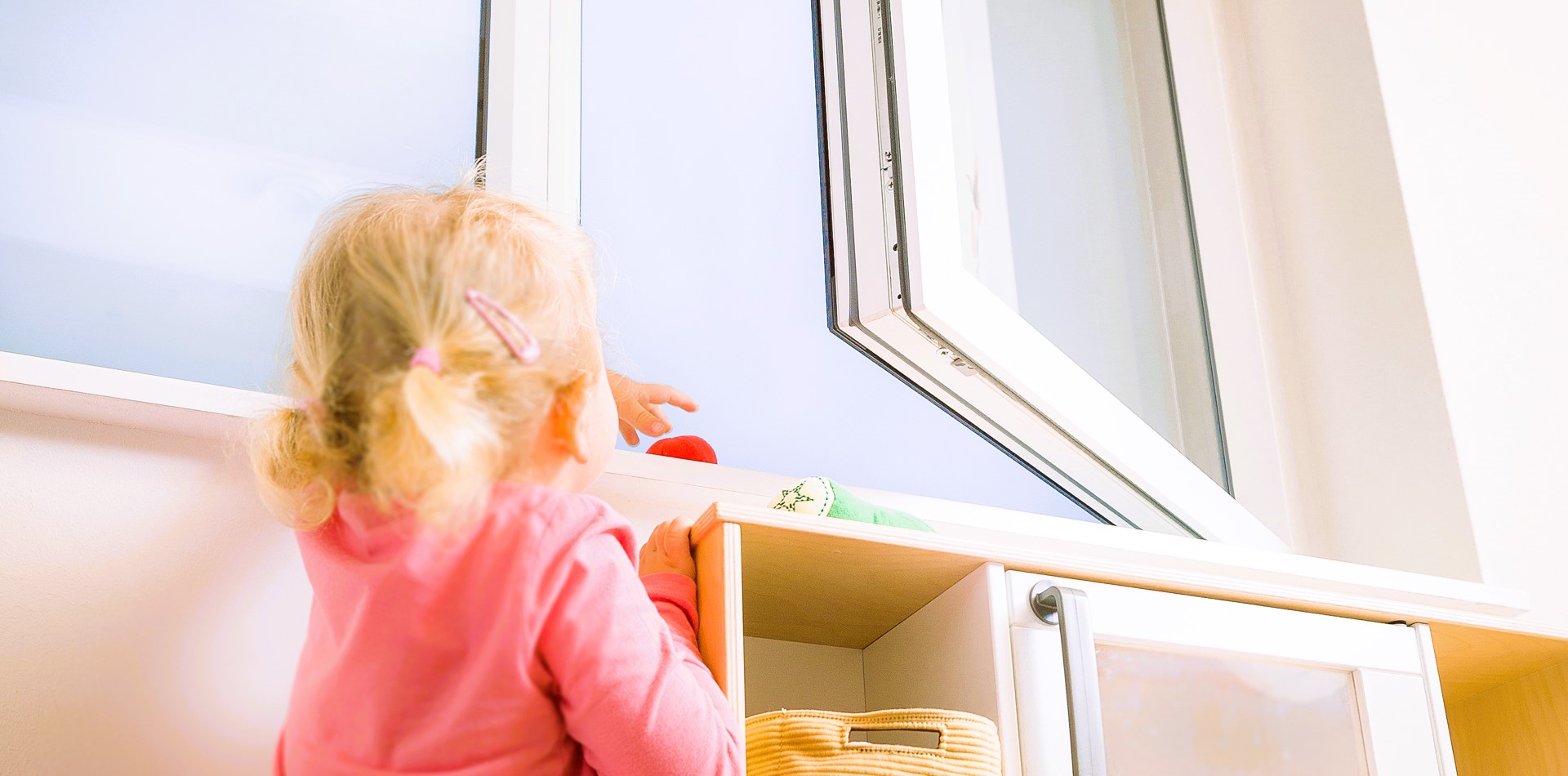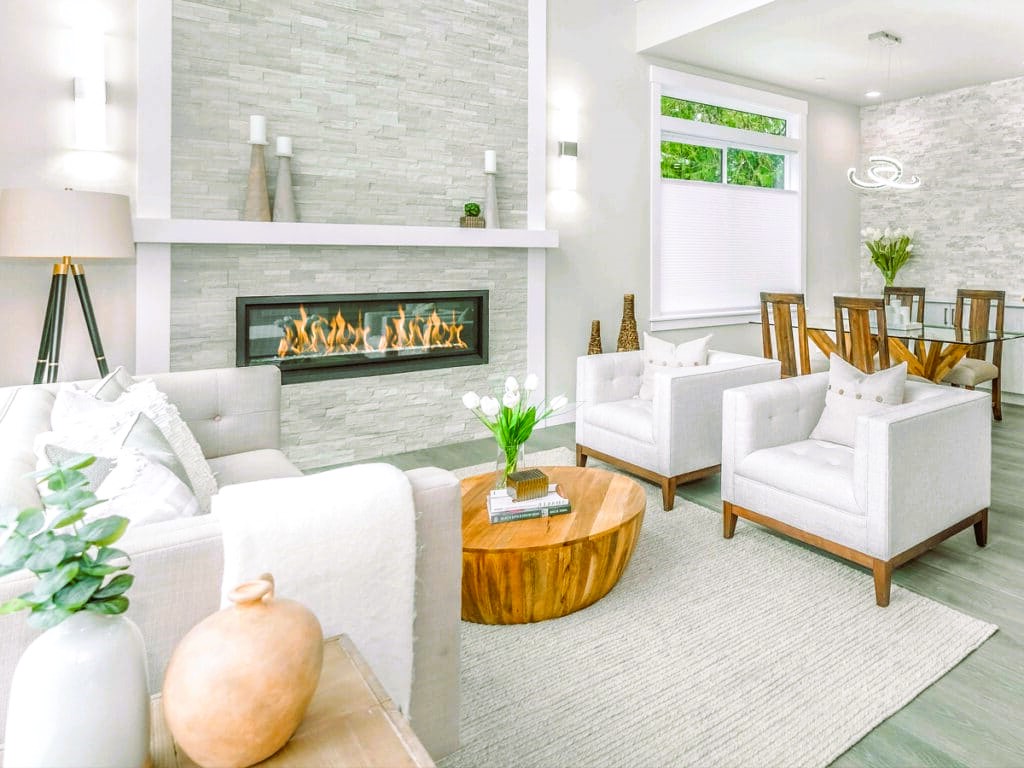Window screens are an essential component of any home. They serve multiple purposes, including keeping insects out, allowing fresh air in, and providing an extra layer of protection for windows. However, many homeowners overlook the importance of window screens and their proper maintenance. In this article, we will shine a spotlight on window screens, exploring the different types available, how to maintain them, and the proper installation techniques.
Types of Window Screens:
- Fiberglass Screens: Fiberglass screens are the most common type of window screens. They are made from woven fiberglass mesh that is coated with PVC for added durability. Fiberglass screens are lightweight, resistant to corrosion, and provide good visibility. They are available in various colors and can be easily customized to fit different window sizes and shapes.
- Aluminum Screens: Aluminum screens are known for their strength and durability. They are made from aluminum mesh that is resistant to rust and corrosion. Aluminum screens are suitable for areas with harsh weather conditions or where pets may come in contact with the screens. They are available in a range of colors and can be powder-coated for enhanced durability.
- Stainless Steel Screens: Stainless steel screens are the most durable and long-lasting option. They are made from tightly woven stainless steel wire mesh that is resistant to rust, corrosion, and even damage from pets or wildlife. Stainless steel screens provide excellent visibility and airflow while offering superior strength and security.
- Solar Screens: Solar screens are designed to block out the sun’s heat and harmful UV rays. They are made from specialized materials that reflect and absorb solar energy, helping to keep the interior of your home cool and reducing energy consumption. Solar screens are available in various levels of transparency, allowing you to balance privacy and natural light.
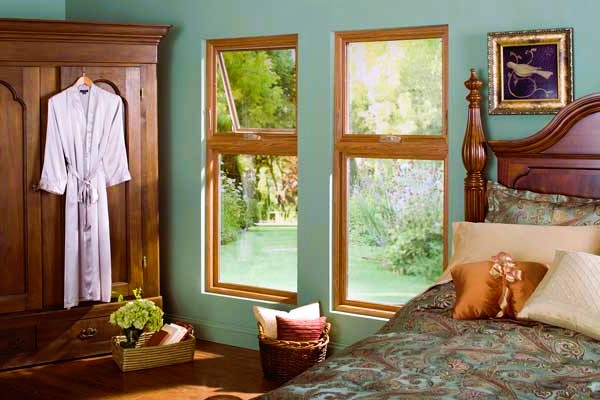
Maintenance of Window Screens:
Proper maintenance is key to ensuring the longevity and effectiveness of window screens. Here are some maintenance tips to keep in mind:
- Regular Cleaning: Dust, dirt, and debris can accumulate on window screens over time, obstructing airflow and reducing visibility. Regularly clean your window screens by gently vacuuming them or rinsing them with a hose. For stubborn dirt or stains, use a mild soap solution and a soft brush to gently scrub the screens. Like the article, read about window hinges.
- Inspect for Damage: Periodically inspect your window screens for any signs of damage, such as tears, holes, or loose frames. Repair or replace damaged screens promptly to maintain their effectiveness.
- Lubricate Moving Parts: If your window screens have movable parts, such as sliding screens, apply a silicone-based lubricant to ensure smooth operation.
- Trim Vegetation: Trim any nearby vegetation, such as bushes or trees, that may come in contact with your window screens. This helps prevent damage and reduces the risk of insects or pests accessing your home through damaged screens.
Installation of Window Screens:
Proper installation is crucial to ensure the functionality and effectiveness of window screens. Follow these guidelines for successful installation:
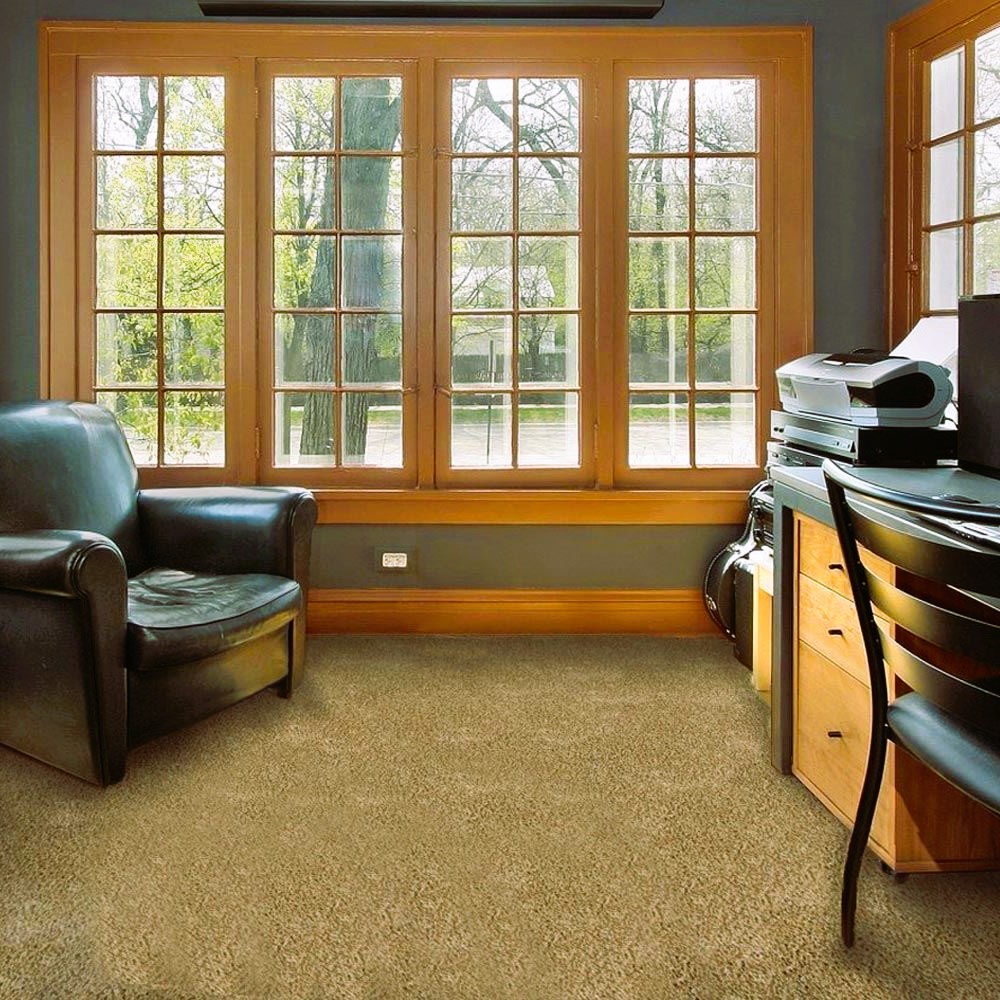
- Accurate Measurements: Measure your windows carefully to ensure the screens fit properly. Take into account the frame dimensions and any hardware or tracks that may affect the fit.
- Frame Selection: Choose the appropriate screen frame material for your needs, such as aluminum or vinyl. Ensure the frame is sturdy and compatible with your window type.
- Secure Installation: Attach the screens securely to the window frames using appropriate fasteners, such as screws or clips. Make sure the screens are tightly stretched to prevent sagging or gaps.
- Professional Assistance: If you are unsure about the installation process, consider seeking professional assistance. Window manufacturers or installation services can provide expert guidance and ensure proper installation.
In conclusion, window screens are a valuable addition to any home, providing insect protection, ventilation, and added security. Understanding the different types of window screens available, implementing regular maintenance practices, and following proper installation techniques will help you maximize their effectiveness and longevity. By giving window screens the attention they deserve, you can enjoy a comfortable and well-protected living environment.

